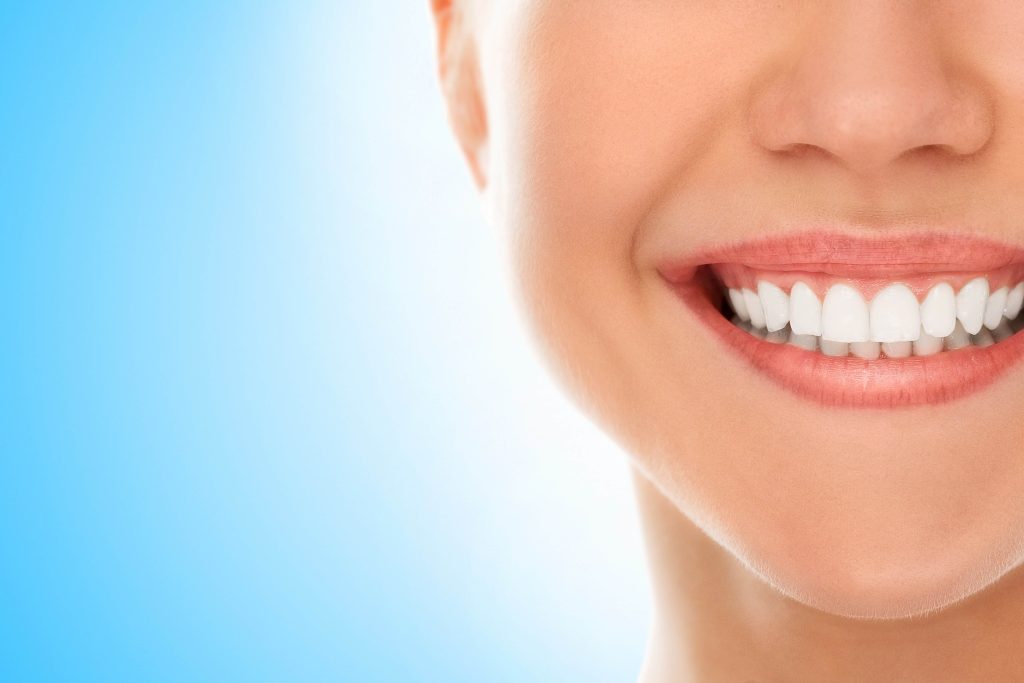Oral Hygiene: Focusing on Healthy Habits
Maintaining good oral hygiene is crucial for overall health and well-being. A healthy mouth not only contributes to a beautiful smile but also plays a significant role in preventing various dental issues and diseases. In this article, we will explore the importance of oral hygiene, discuss effective gum protection strategies, delve into dental care practices, and highlight the significance of healthy habits in maintaining optimal oral health.

Our oral health is intertwined with our overall well-being. Neglecting oral hygiene can lead to various dental problems, such as tooth decay, gum disease, and bad breath. Therefore, it is essential to adopt a comprehensive approach to oral care that encompasses regular brushing, flossing, dental check-ups, and the cultivation of healthy habits.
The Significance of Oral Hygiene
Good oral hygiene is the foundation of a healthy mouth. It involves daily practices that eliminate bacteria, plaque, and food particles, preventing tooth decay and gum disease. Brushing your teeth at least twice a day with fluoride toothpaste and flossing daily are fundamental steps in maintaining oral hygiene. Additionally, using mouthwash can further enhance the cleanliness of your mouth.
Understanding Gum Protection
Gum protection is crucial for maintaining strong and healthy gums. Gum disease, also known as periodontal disease, can lead to gum recession, tooth loss, and other severe complications. To protect your gums, it is vital to brush gently using a soft-bristle toothbrush to avoid damaging the gum tissue. Regular dental cleanings and check-ups can help identify early signs of gum disease and provide timely treatment.
Essential Dental Care Practices
In addition to regular brushing and flossing, there are several other dental care practices that contribute to optimal oral health. These include:
1. Regular Dental Check-ups
Scheduling routine visits to your dentist allows for early detection of any dental issues. Dentists can perform thorough examinations, cleanings, and provide professional advice on maintaining oral health.
2. Proper Nutrition
A balanced diet plays a significant role in dental health. Consuming foods rich in vitamins and minerals, such as fruits and vegetables, can strengthen teeth and gums. Avoiding excessive intake of sugary and acidic foods is also crucial in preventing tooth decay.
3. Limiting Harmful Habits
Certain habits can negatively impact oral health. Smoking and tobacco use can lead to gum disease and oral cancer. Additionally, excessive consumption of alcohol and caffeinated beverages can stain teeth and contribute to bad breath.
4. Using Protective Gear
Engaging in activities that pose a risk of dental injuries, such as sports or recreational activities, requires the use of protective gear like mouthguards. These devices help prevent damage to the teeth and gums during physical impact.
The Role of Healthy Habits
Healthy habits contribute significantly to oral hygiene and overall oral care. Cultivating the following habits can help maintain a healthy mouth:
1. Regular Oral Care Routine
Establishing a consistent oral care routine is essential. Brush your teeth at least twice a day for two minutes each time, floss daily, and rinse with mouthwash. This routine will effectively remove plaque and bacteria, promoting oral health.
2. Drinking Plenty of Water
Water is essential for saliva production, which helps neutralize acids and wash away food particles. Staying hydrated throughout the day promotes optimal oral health.
3. Stress Management
Stress can lead to teeth grinding and jaw clenching, causing dental problems like tooth sensitivity and TMJ disorders. Engaging in stress-relieving activities, such as exercise, meditation, or hobbies, can help alleviate these issues.
4. Balanced Lifestyle
A balanced lifestyle that includes proper sleep, a nutritious diet, regular exercise, and limited consumption of sugary and acidic foods greatly contributes to overall oral health.
Conclusion
Maintaining optimal oral hygiene, protecting gums, and practicing effective dental care are vital for a healthy mouth. By adopting healthy habits and incorporating them into a daily routine, we can promote healthy teeth and gums, prevent dental issues, and contribute to our overall well-being. Taking care of your oral hygiene, protecting your gums, and following effective dental care practices are essential for a healthy mouth. By adopting healthy habits and incorporating them into your daily routine, you can achieve optimal oral health and overall well-being. Remember to brush, floss, and visit your dentist regularly to maintain a beautiful smile and prevent dental issues.
What are the common signs of gum disease?
Gum disease can manifest as red, swollen, or bleeding gums, persistent bad breath, receding gums, and loose teeth.
How often should I visit the dentist for check-ups?
It is recommended to visit the dentist every six months for routine check-ups and cleanings. However, individuals with specific dental conditions may require more frequent visits.
Are there any natural remedies for maintaining oral hygiene?
While daily brushing, flossing, and professional dental care are essential, some natural remedies, such as oil pulling with coconut oil, may complement your oral hygiene routine. However, it’s important to consult with your dentist before adopting any new practices.
Can poor oral hygiene affect overall health?
Yes, poor oral hygiene has been linked to various health issues, including cardiovascular disease, respiratory infections, and complications during pregnancy.
Are electric toothbrushes more effective than manual toothbrushes?
Electric toothbrushes can provide a more thorough and efficient cleaning, especially for individuals with limited dexterity. However, proper brushing technique and consistency are more important factors in maintaining oral hygiene.
